At the beginning of the 1980s, the divided Korean peninsula was seen as the world’s second most potentially explosive flashpoint after the Middle East. A strategic buffer zone among China, Japan, the Soviet Union, and the United States, Korea has always been influenced by the relationships among these powers. Conversely, the peninsula’s location invests its internal security situation with international implications affecting the stability of the entire Northeast Asian region. Meanwhile, Japan, which editor Hahn calls “a superpower without military power,” was expanding its own presence in the region as American economic power waned.
This book contains essays presented to the 4th Korea-Japan Intellectual Exchange Conference held in Seoul in July 1981 under the joint auspices of Korea University’s Asiatic Research Center and the Japan Center for International Exchange. The conference coincided with a period of profound change in the domestic and external situations of both Korea and Japan—in Korea, the inauguration of a new government was greeted as a possible harbinger of rapprochement following the tense bilateral strains that characterized the 1970s. One contributor sums up the broad picture by saying that the two countries’ interests converge more often than they diverge and that “what may appear to be divergent interests in the short run may prove to be actually converging when they are considered in longer term perspectives.”
Contents
- 1. Japan’s International Role: Asia and Non-Asian Views
- Hahn Bae-ho, Professor of Political Science, Korea University
- 2. A Hedgehog’s Choice
- Kazuo Nukazawa, Senior Assistant Director, Economic Cooperation Department, Japan Federation of Economic Organizations (Keidanren)
- 3. Major Power Interactions in North-and-South-East Asia—A Japanese View
- Sueo Sekiguchi, Professor of Economics, Osaka University; Senior Researcher, Japan Center for International Exchange
- 4. Changing Characteristics of Korean Politics 1948-1979
- Lee Jung-bock, Assistant Professor of Political Science, Seoul National University
- 5. Industrialization, Insecurity, and Authoritarianism
- Takashi Inoguchi, Professor of Political Science, University of Tokyo
- 6. The Security Situation on the Korean Peninsula in Global Perspective
- Ahn Byung-joon, Professor of Political Science, Yonsei University
- 7. Korea-Japan Economic Relations in the 1980s
- Kim Wan-soon, Professor of Economics, Korea University
- 8. Convergent and Divergent Interests in Korean-Japanese Relations
- Han Sung-joo, Professor of International Relations, Korea University
By Hahn Bae-ho, ed.; Preface by Kim Jun-yop


